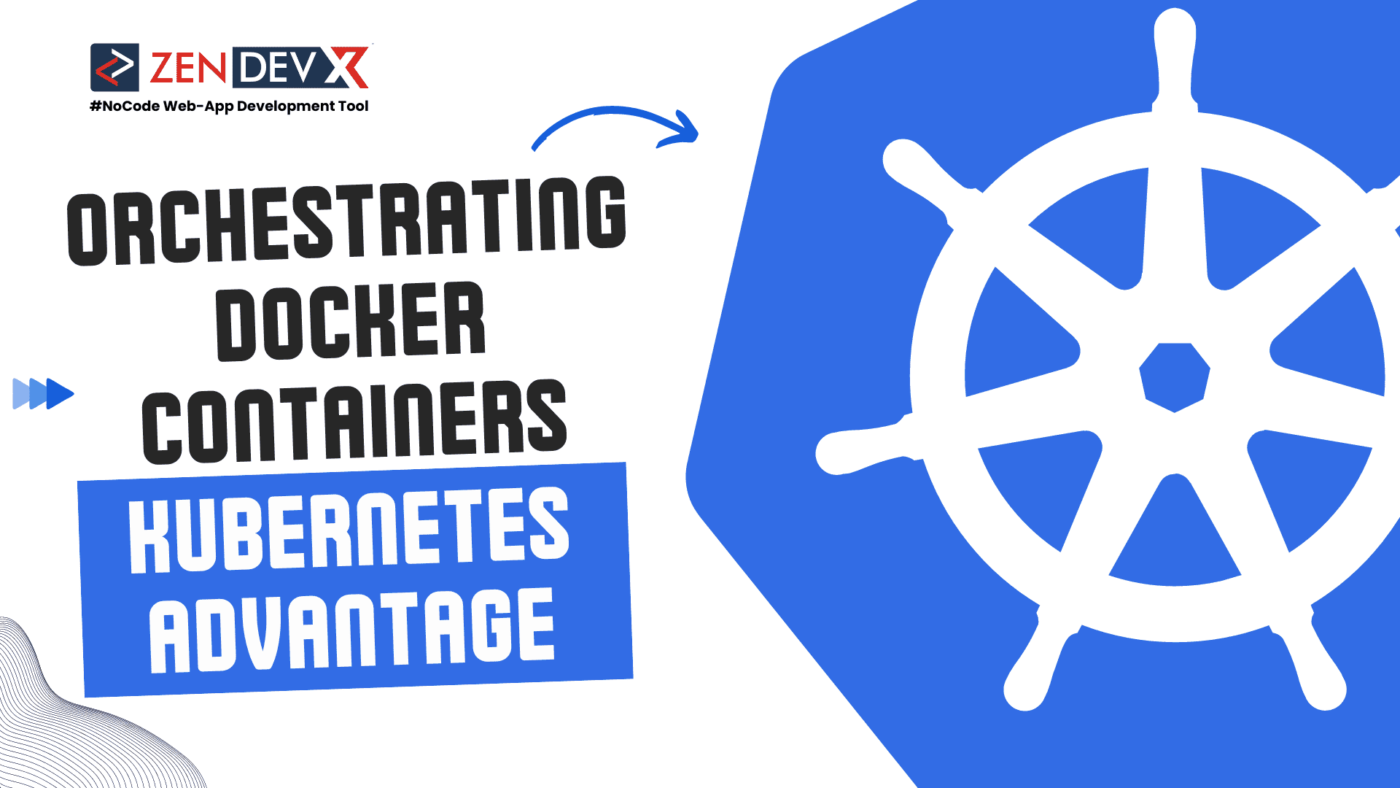As we have already mentioned, Docker containers have become really popular lately. For packaging code and its dependencies, containers are a very handy tool since they provide a self-contained mini-computer that guarantees efficient running of applications over several computing environments.
Manual task management including deployment, scaling, and moving containers across hosts is absolutely achievable when handling a modest volume of containers. But things quickly get messy when you start to scale and are suddenly charged with overseeing hundreds of services and thousands of containers.
Here is where container orchestration finds application. Container orchestration, all things considered, automates container management, scaling, networking. You need a solution to coordinate Docker containers; Kubernetes is becoming the preferred container orchestrating technology in the tech sector nowadays.
The foundations of container orchestration and the advantages of adopting Kubernetes will be more fully covered below.
What is Container Orchestration ?
Container orchestration automates time-consuming activities such as provisioning and deployment, scaling up or down, application configuration, and resource allocation amongst containers, therefore enabling management of the lifespan of containers in big environments.
Usually using either a YAML or JSON file, you specify the setup of your application using a tool – like Kubernetes, which we will explore more below. These files provide instructions for your orchestration tool—e.g., where to keep container logs, how to set networking between containers. A container orchestration is a declarative tool; it helps you to express your intended output, therefore relieving you of the small details of doing such tasks.
It can facilitate a comparison. Ordering from a restaurant is like compared to cooking supper yourself. Cooking calls for a recipe, ingredient gathering, and then step-wise cooking of your dish. At a restaurant, though, you indicate the desired meal, the final result, and then get it.
Declarative models—like Kubernetes and related orchestration tools—are like restaurant ordering. All you do is enter your ultimate intended state. All else is handled for you. It is very evident from this comparison the advantages of container orchestration. By automating many of the stages between A and Z, it frees your staff from a lot of effort. All you’ll have to do is order.
Kubernetes: Principles
One rather well-known technology for container orchestration is Kubernetes. It stores, updates, and maintains your containers by means of an organizational framework including separate components that each serve a certain purpose.
Pods, Nodes, and Clusters
The logical units of an application are pods, and where you first arrange one or more containers. After that, pods are placed into nodes, and every node houses an agent known as a Kubelet who runs and oversees the containers within your pod.
All the nodes in a given collection of containers are found in clusters. There is a bigger control plane managing clusters.
Managerial Instruments
The control plane oversees the cluster with several instruments, each having specific purposes:
- Backend storing all the cluster data: Memory Store
- Schedule: assigns newly formed pods to pertinent nodes
- API Frontend: A gateway enabling project managers to access the Kubernetes as required
- Cluster Supervisor: Monitors the cluster and makes necessary adjustments to maintain the desired state programmers initially entered
Kubernetes has advantages that increase productivity :
The main benefit of Kubernetes, and indeed any orchestration technology, is that it takes over many time-consuming and boring chores that would often be handled manually by programmers. Automating a lot of hardware abstraction lets your development team roll out updates more quickly and reach the market faster.
Simplifies Creation
In line with the aforementioned, Kubernetes’s GitOps tool has greatly streamlined your development team’s duties by automatically updating deployments to reflect git status. All your staff has to do is change the git history; Kubernetes will then update the application in turn. This lowers the danger of human error and offloads a lot of hand coding from the plate of your team.
Since the process is essentially automated, Kubernetes also allows for faster scalability. Developers essentially oversee container orchestration technologies, which is far less labor-intensive than completing tasks manually. While scaling used to take days and perhaps weeks to finish, Kubernetes allows one to accomplish it in a day.
Another great advantage of Kubernetes is its large community. As more people use Kubernetes, it’s simple to get direction online for problem solving.
Since Kubernetes is an open platform, advancements are occurring constantly as developers create and distribute unique tools. Stated differently, Kubernetes is likely to become even more efficient in the future; so, there is never a better moment to start.
Conclusion :
You will inevitably need orchestration tools as you scale. Though there is a small learning curve, the advantages are quite justified. There are lots of tools online to assist you in acquainting yourself with the platform; Kubernetes is still one of the most valuable tools for starting with Docker containers orchestration.


